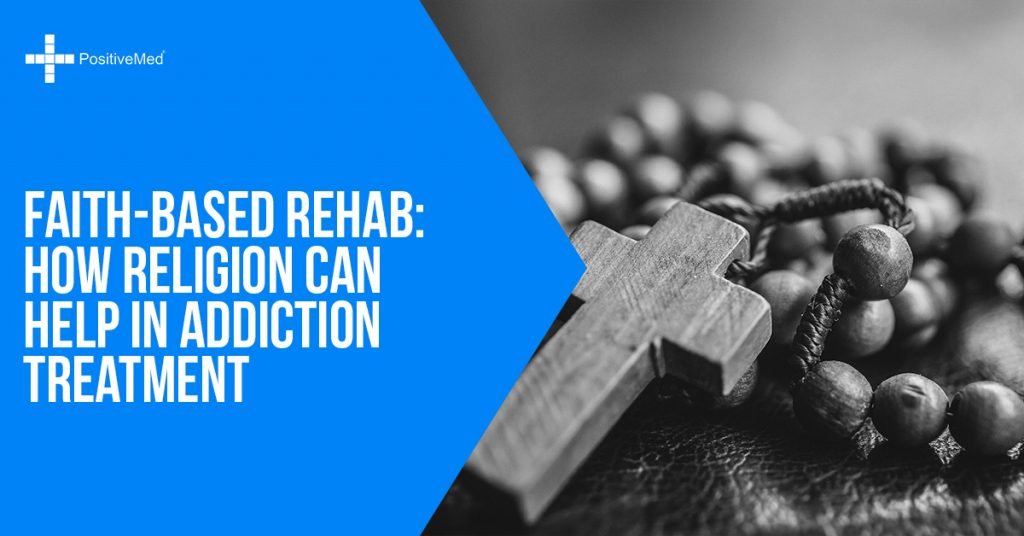Addiction is an insidious disease that tears apart families and has sometimes dire consequences for the user that devastate their personal community. Whether it’s alcohol, prescription medications, or street drugs, the end result is the same; a person becomes addicted and can no longer maintain control over their lives.

When this happens it’s vital that the addict receives professional treatment before their addiction can escalate further and cause more physical damage to their body and emotional damage to those around them. However, choosing the right rehab center can be a difficult task and convincing the addict to go can be even harder.
More and more addicts and their loved ones are turning toward faith-based rehabilitation in an effort to bring the condition under control and help everyone understand the reasons behind the addiction and how to move forward using the teachings and scriptures of religion as a tool to aid in the process.
Why are Christian drug rehab centers becoming more popular and how do they work? We’ll look at some of the reasons why incorporating faith into a standard medical and psychological rehabilitation program can aid in a patient’s recovery and how to know if it’s right for you or someone you love.
What Is Faith-Based Rehab?
Most treatment centers for addiction operate in the same way. There is generally an inpatient period where the patient withdraws from their drug of choice using a combination of medical and psychological treatment. Once the substance is no longer in their system, the psychological portion of the process takes a primary role and involves talk therapy, group therapy, exercise, and nutrition as part of the process.
In a Christian rehab center, a patient’s counselor works with them on their relationship with God and uses readings and teachings from the Bible to help reestablish a patient’s focus on their faith and understand how they’ve allowed themselves to drift away from the one thing that might fill the void they’ve currently filled with substance abuse.
This type of treatment also focuses on the family and close friends of the patient. By bringing them all together under the umbrella of their shared faith, the hope is that the patient will realize the consequences of their actions and how they’ve not only betrayed their loved ones but the principles of their faith as well. This is not to shame the patient, but acts more as a wakeup call from their higher power.
Does It Work?
Most people, addicts or not, are familiar with Alcoholics Anonymous. While this program does maintain a non-secular stance, it asks its participants to utilize their higher power as part of the steps to recovery. For most AA members this is God in a traditional, Christian sense, and they themselves, along with their sponsor and other support networks, work through their addiction by faith.
Medical and psychological staff members at faith-based rehab centers do the same thing. Their goal is to heal the body with medical treatment, heal the brain with psychological counseling, and heal the spirit through a better connection with God. Studies have shown that people who already had a personal relationship with a higher power were more likely to respond to this type of treatment, recovered their coping mechanisms in a better way, and were more likely to have a successful experience in a religious rehab center.
How Does Faith-Based Rehab Help Other Patients?
While some studies do show that people suffering from addiction who already have a religious component to their lives respond better to Christian rehabilitation treatment, what about those patients who don’t already have that in their lives? Some faith-based rehab centers report that secular patients often do find the religious aspect of this type of treatment to be helpful.
While they might not choose to embrace the religious as part of their personal life, they often find more guidance toward their own spirituality and find that this helps them better understand themselves, their actions, the consequences, and how to regain their sense of self-worth.
Rehab is often the last chance for many addicts and having the best facilities, staff, and treatment plans is vital not only to the success of the treatment but for the addict’s life itself. If you or someone you love needs help for a serious addiction problem and you think they could benefit from a faith-based program talk with your pastor or reach out to a Christian rehab center for more information. This could be the answer to your prayers.







